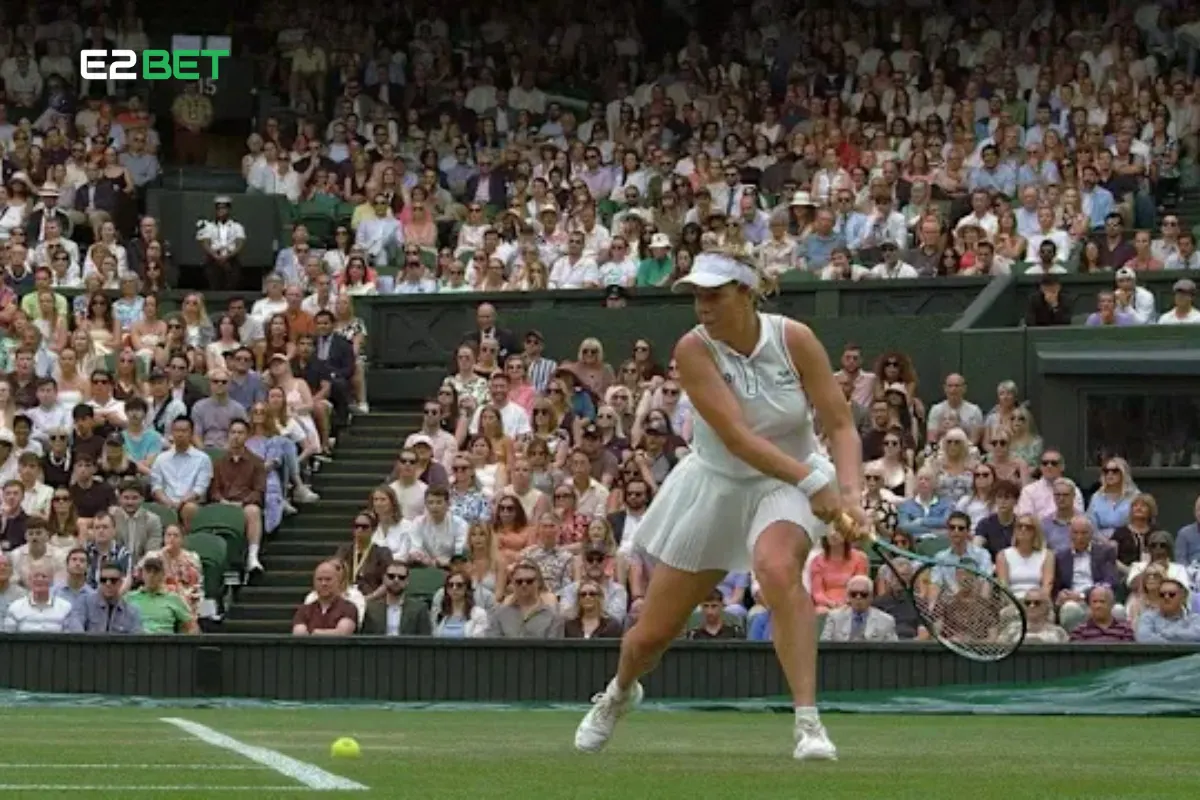Understanding the Wimbledon Line Call Controversy
What Happened with Wimbledon Line Calls in 2024?
Wimbledon 2024 has been under the spotlight after several missed calls by line judges during crucial matches. These errors, often described as human error, have sparked widespread debate among players, fans, and experts about the accuracy of umpire decisions and the role of technology in Grand Slam tennis.
The Role of Line Judges and Technology
Traditionally, Wimbledon has relied heavily on line judges to make split-second decisions during fast-paced points. However, fatigue and pressure can lead to mistakes. While Hawk-Eye technology exists to assist with line calls, not every call undergoes electronic review, leading to moments where bad line calls directly impact match outcomes.
Wimbledon’s Official Apology and Reactions
Statement from Wimbledon Officials
Following the controversy, Wimbledon organizers issued an official apology, acknowledging the human errors and pledging to improve the officiating system. They emphasized their commitment to fairness and the use of technology upgrades to support line judges and umpires.

Players and Fans Respond
Many players expressed frustration, highlighting how missed calls affect their momentum and mental game during matches. Fans took to social media channels to discuss the importance of electronic line calling and called for Wimbledon to adopt full technology-based reviews similar to the US Open.
The Debate: Tradition vs. Technology
Why Not Fully Automated Line Calling?
Wimbledon faces a unique challenge balancing tradition with innovation. Some argue that maintaining human officiating preserves the spirit of the game, while others advocate for complete reliance on Hawk-Eye to eliminate errors. Other tournaments, like the US Open, have embraced electronic line calling on all courts, minimizing mistakes.
Improving Accuracy and Fairness
To address these concerns, Wimbledon is exploring ways to expand the use of Hawk-Eye technology and enhance line judge training. Increasing transparency through review policies and offering fans real-time insights may also help rebuild trust.
What This Means for Wimbledon’s Future
Plans for Reform and Better Officiating
The incident has pushed Wimbledon to prioritize technology investments and refine the review process. Ensuring fair play is essential for the tournament’s reputation and for supporting players competing at the highest level.
How to Stay Updated
Fans interested in following Wimbledon closely can visit the Wimbledon official website, watch live scores, or subscribe to the Wimbledon live stream. Those looking to experience the action firsthand can buy Wimbledon tickets or explore hospitality packages.
Conclusion
Missed line calls at Wimbledon in 2024 highlight the ongoing tension between tradition and technology in tennis officiating. While human error is inevitable, embracing advanced systems like Hawk-Eye and improving line judge training are vital steps to maintain fairness and the tournament’s prestigious legacy.
FAQs
Q1. What caused the missed line calls at Wimbledon?
A1. Human error by line judges under pressure and fatigue, with limited technological support on some courts.
Q2. How does Hawk-Eye technology help in tennis?
A2. It tracks ball trajectory with high accuracy, assisting referees in making correct line calls.
Q3. Will Wimbledon implement full electronic line calling?
A3. Wimbledon is considering expanding technology use but has not yet confirmed full automation.
Q4. How can fans watch Wimbledon live?
A4. Through the official Wimbledon live stream, official website, or by buying tickets to attend.
Q5. Are line calls handled differently in other tournaments?
A5. Yes, the US Open uses electronic line calling on all courts to reduce errors.